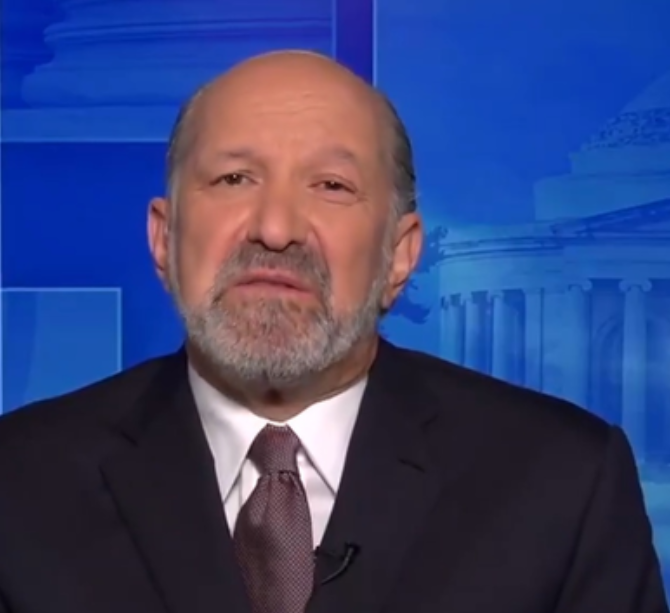Washington — A fresh wave of tariffs is on the horizon as the United States gears up to impose new duties on key tech imports, including smartphones, semiconductors, and computer components. US Commerce Secretary Howard Lutnick confirmed on Sunday that the government plans to introduce “separate tariffs” targeting these sectors within the next one to two months, signaling a shift in Washington’s trade strategy amid concerns over supply chain dependence on Southeast Asia.
Speaking to ABC News, Secretary Lutnick emphasized the urgency of reshoring critical manufacturing capabilities, particularly for semiconductors and electronics, which are essential to national security and economic resilience.
“We need to have semiconductors, we need to have chips, and we need to have flat panels — we need to have these things made in America,” Lutnick said. “We can’t be reliant on Southeast Asia for all the things that operate for us.”
The announcement comes just a day after the US government temporarily exempted electronics imports — including smartphones, computers, and chips — from reciprocal tariffs. However, Lutnick clarified that this exemption is only temporary and that these products will soon fall under a new tariff category focused on semiconductors and related technologies.
“What President Donald Trump is doing is that he’s saying they’re exempt from the reciprocal tariffs, but they’re included in the semiconductor tariffs, which are coming in probably a month or two,” he added.
According to a US Customs and Border Protection notice, Saturday’s exemption applies to products entering the country or released from warehouses as early as April 5. The exemptions also covered a wide range of electronics and components, including solar cells and memory cards.
The move marks a strategic pivot by the administration, aiming to reduce foreign dependency — particularly from South and Southeast Asia — while accelerating domestic production of vital technology.
Analysts see this as part of a broader push to revitalize American manufacturing, especially in high-tech sectors where global supply chains have proven vulnerable to disruption. The semiconductor industry, in particular, has been a focal point of recent legislative efforts, including the CHIPS and Science Act, which seeks to bolster domestic chip production.
While the exact tariff rates and implementation details are yet to be announced, industry stakeholders are bracing for potential cost increases and supply chain recalibrations in the months ahead.
As Washington prepares to roll out these separate semiconductor-focused tariffs, manufacturers, importers, and tech giants will be closely monitoring developments — and adjusting their strategies accordingly. (Source: IANS)








